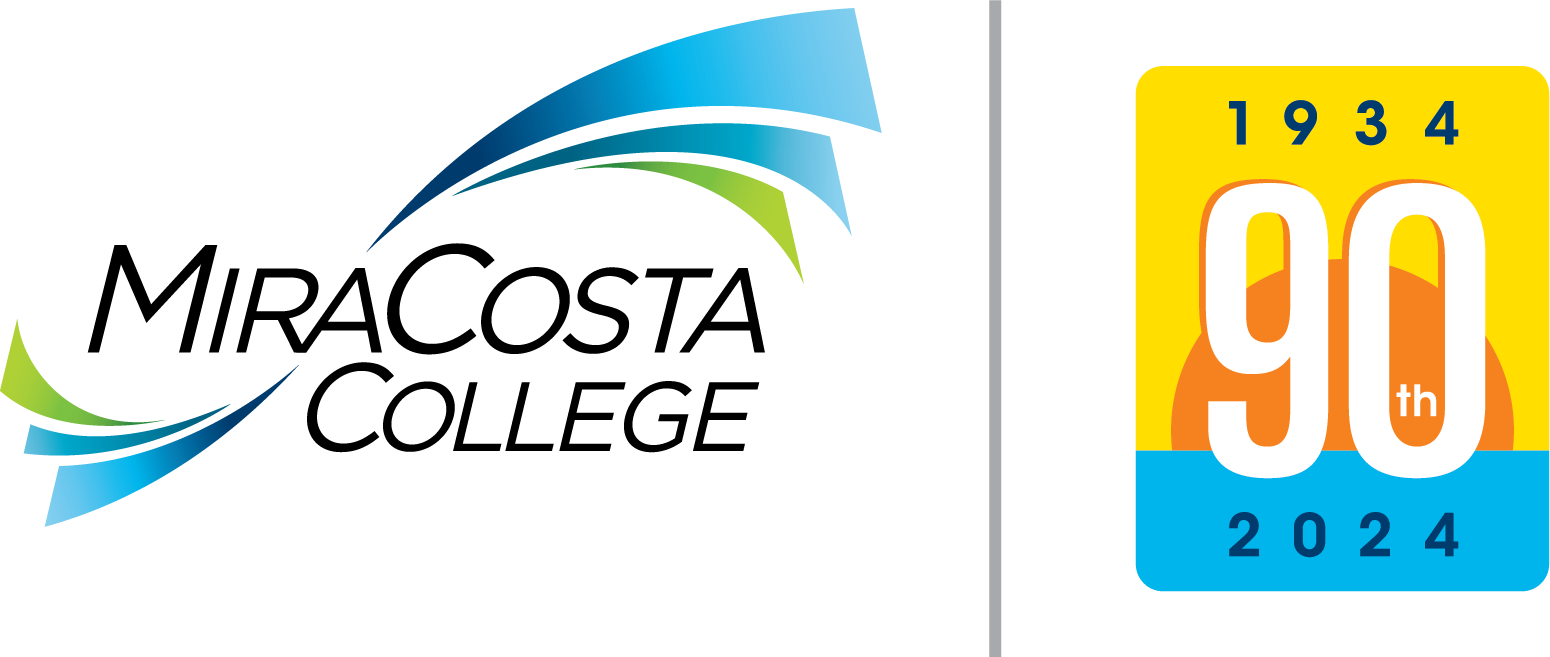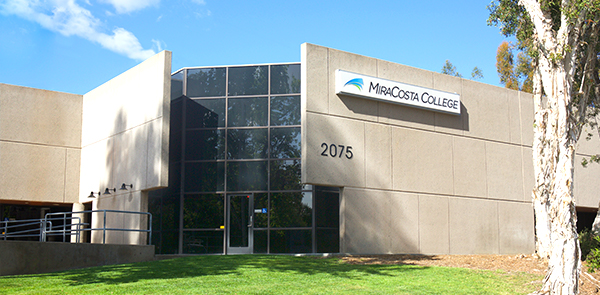What is Graduate School?
A graduate school awards advanced academic degrees (i.e. Master’s degree, Ph.D.) with the general requirement that students must have earned a previous undergraduate (Bachelor’s) degree. The term does not usually refer to medical school, law school or business school (law and business school are often referred to as “professional” school).
Most studies show that people with advanced degrees earn more on average than people with bachelor's degrees. According to the U.S. Department of Labor, in 2020 the average worker with a BA earned $64,896, while a worker with a MA/MS earned $77,844, and a worker with a doctorate earned $97,916.
Program Information
- Dentistry
- Design MFA Program
- Medicine (MD/DO/DPM)
- Pharmacy (PharmD)
- Physician Assistant
- Pre-Health Programs
- Quick guide to Accountant / CPA / Enrolled Agent
- Quick guide to Architecture Programs
- Quick guide to Physical Therapy Programs
- Veterinary Medicine
Timeline for Applying to Graduate Programs & Letters of Recommendation
The application process varies depending on whether you are applying to an academic, business, law, or medical program. Keep in mind that prestigious graduate schools are more competitive and have higher admissions requirements whereas less known programs tend to be more flexible in their admission criteria. Letters of Recommendation are an important part of this process. Letters from instructional faculty and professionals in your field can be powerful and help you stand out as an applicant. It is important to start making connections with these professionals early on in your academic career.





